Arctic (2018)
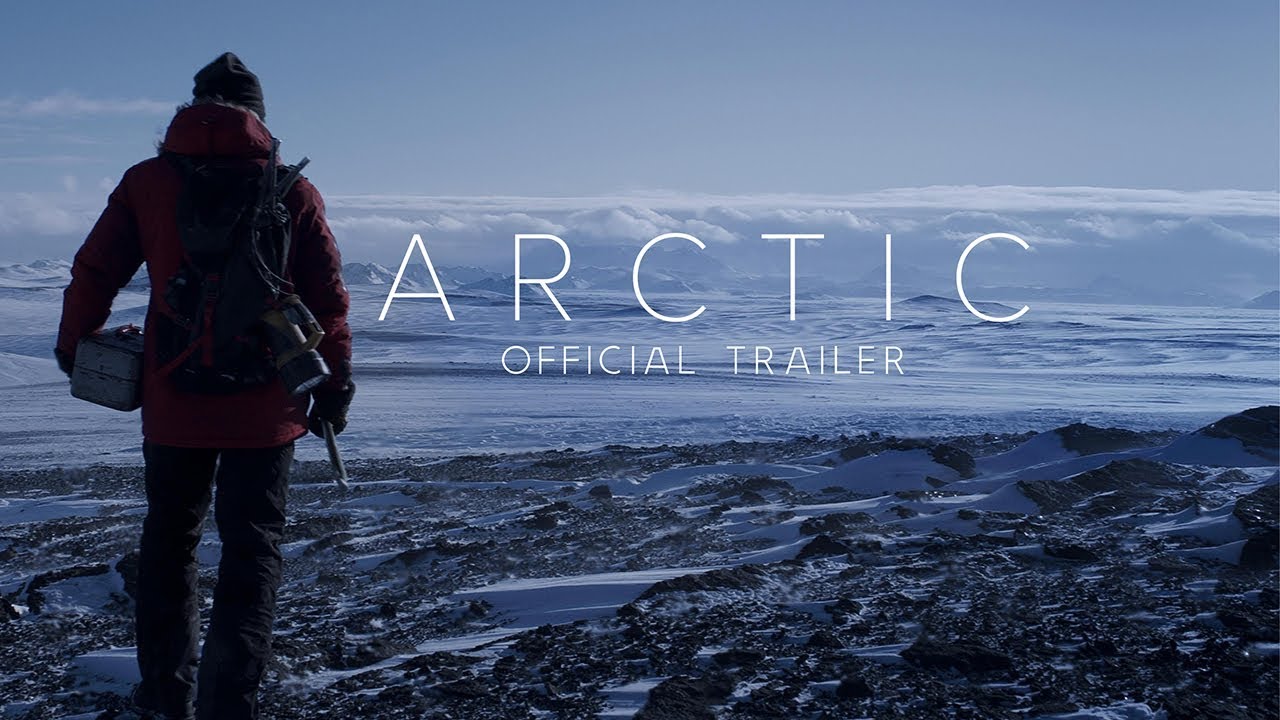
“Arctic,” directed by Joe Penna and released in 2018, is a gripping survival drama that immerses audiences in the stark and unforgiving beauty of the Arctic landscape. Co-written by Penna and Ryan Morrison, the film is a collaborative effort between Iceland and the United States, showcasing the hauntingly beautiful scenery of the region while exploring profound themes of resilience and human endurance. At the center of this emotionally charged narrative is Mads Mikkelsen, who delivers a powerful performance as a man stranded in the remote wilderness, grappling with the harsh realities of survival.
The film opens with an intense atmosphere, immediately drawing viewers into the protagonist’s plight. Mikkelsen plays Overgård, a man who has crash-landed in the Arctic after a tragic accident. The story begins with him living in isolation, relying on his resourcefulness and determination to endure the brutal conditions. The cinematography captures the vastness of the icy landscape, emphasizing both its beauty and its treacherous nature. The desolation of the setting is palpable, and it serves as a constant reminder of Overgård’s isolation and the life-and-death stakes he faces.
One of the most striking aspects of “Arctic” is its minimalistic approach to storytelling. The film eschews unnecessary dialogue, relying instead on visual storytelling and Mikkelsen’s expressive performance to convey the protagonist’s emotions. As viewers watch Overgård navigate his solitary existence, they witness his daily routines—fishing for food, maintaining his shelter, and coping with the harsh elements. This stripped-down narrative style creates a sense of intimacy, allowing audiences to feel the weight of Overgård’s struggles as he fights against nature’s indifference.
As the film progresses, the tension escalates dramatically when Overgård discovers a wrecked aircraft and a severely injured survivor, a young woman played by Maria Thelma Smáradóttir. This pivotal moment introduces a new dynamic to the story, as Overgård is faced with the responsibility of caring for another person while still striving for his own survival. The interaction between the two characters adds emotional depth, exploring themes of compassion, hope, and the human connection in dire circumstances. Mikkelsen and Smáradóttir’s performances resonate with authenticity, capturing the fragility of life in such an extreme environment.
The relationship that develops between Overgård and the young woman is both touching and fraught with tension. Overgård must balance his instinct to survive with his desire to help, which raises ethical questions about sacrifice and the lengths one will go to protect others. Their struggle for survival becomes a shared journey, highlighting the importance of companionship even in the most isolating situations. This bond serves as a poignant reminder of humanity’s inherent need for connection, especially in the face of adversity.
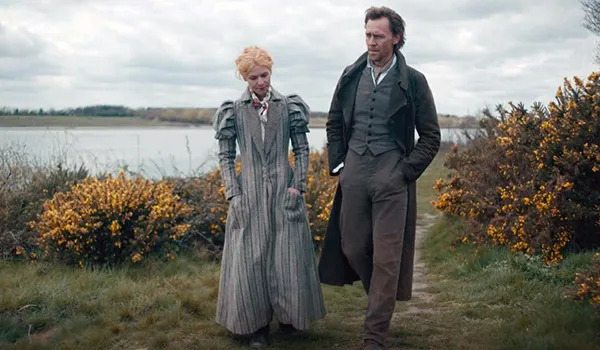
The film’s cinematography plays a crucial role in enhancing the narrative. Shot in the stunning landscapes of Iceland, the visuals are both breathtaking and stark. The contrasting elements of beauty and danger are masterfully captured, with wide shots of the expansive Arctic terrain juxtaposed against the intimate, often claustrophobic scenes inside Overgård’s makeshift shelter. The use of natural light and the sounds of the environment further immerse viewers in the experience, evoking a visceral response to the protagonist’s struggle against the elements.
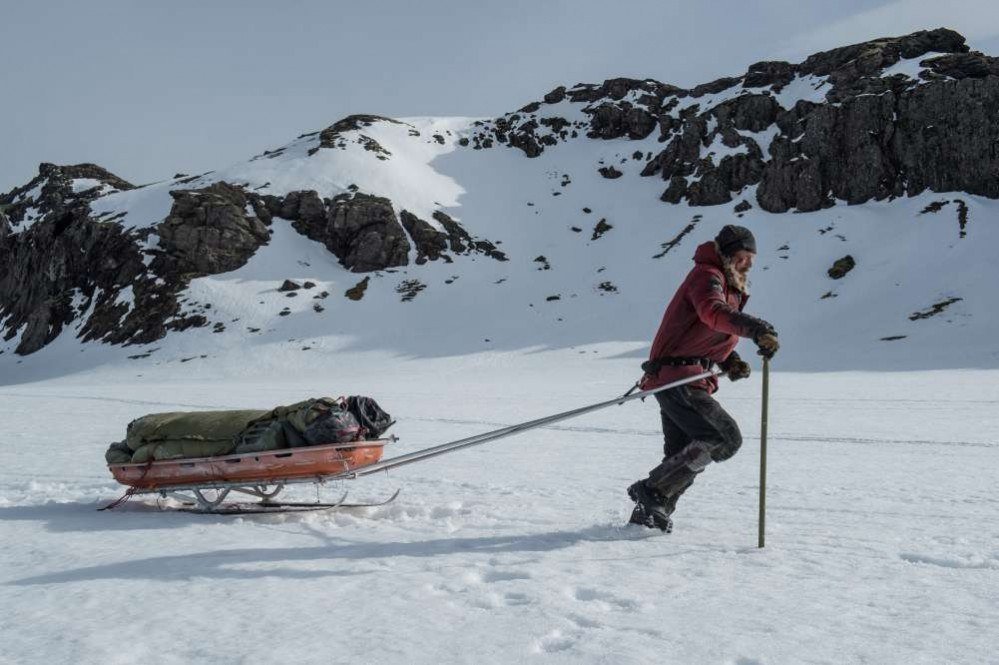
In addition to its striking visuals and powerful performances, “Arctic” delves into deeper philosophical themes. The film explores the concept of survival not just as a physical endeavor but also as a mental and emotional challenge. Overgård’s journey is as much about confronting his inner demons as it is about navigating the harsh landscape. The isolation forces him to confront his past and the choices that have led him to this point, making the film a meditation on regret, loss, and the will to persevere.
As the story reaches its climax, the tension peaks, and the stakes become higher than ever. Overgård’s resolve is tested in ways he never anticipated, pushing him to his limits. The film culminates in a gripping and ambiguous conclusion that leaves viewers reflecting on the nature of survival and the human spirit. The ending is open to interpretation, inviting audiences to contemplate the complexities of hope and despair in the face of overwhelming odds.
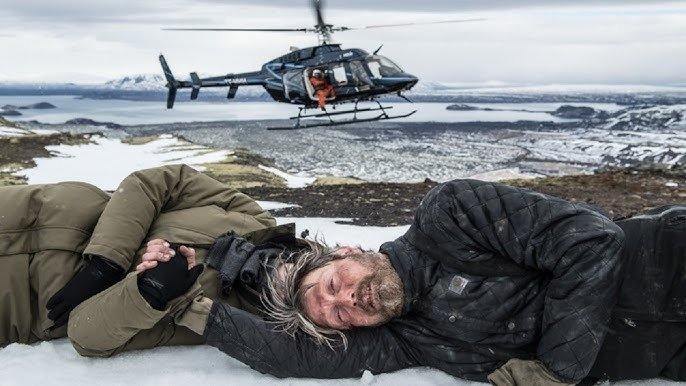
Upon its release, “Arctic” received praise for its powerful performances, particularly that of Mads Mikkelsen, whose ability to convey deep emotion with minimal dialogue is commendable. Critics highlighted the film’s immersive storytelling and stunning visuals, noting that it stands out in the survival genre for its psychological depth and artistry.
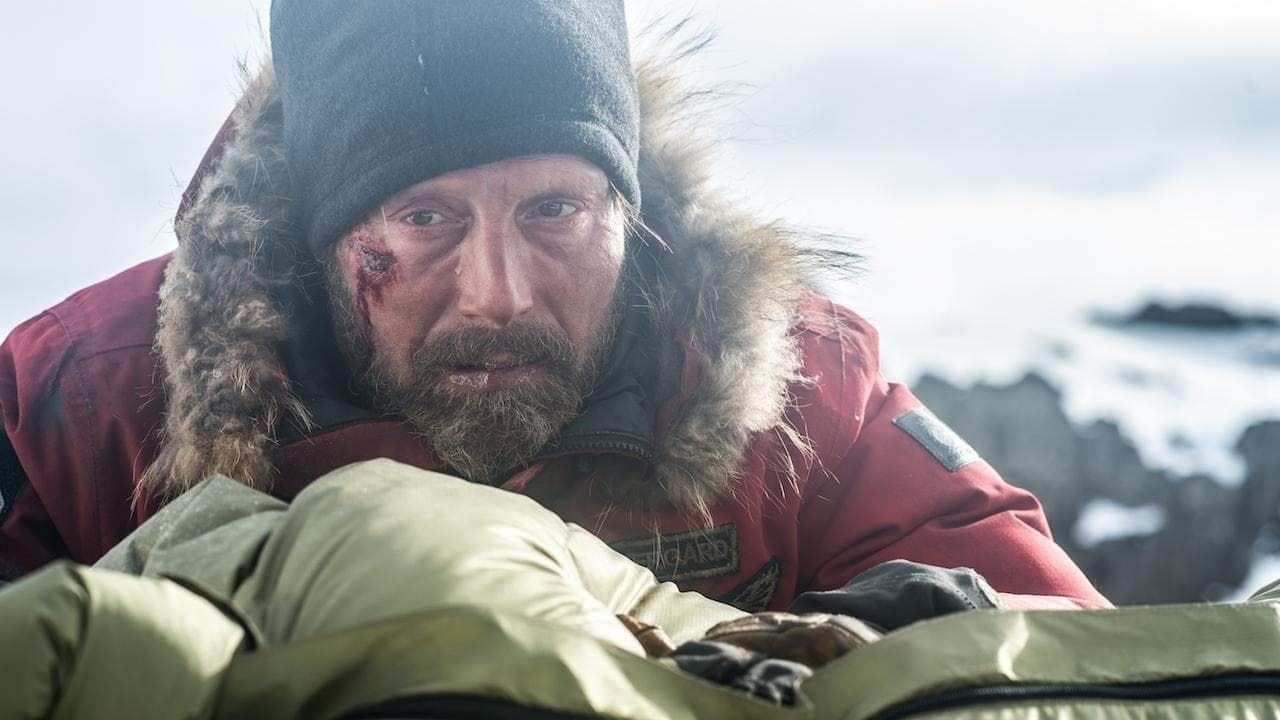
In conclusion, “Arctic” is a masterful exploration of survival, resilience, and the human condition set against the backdrop of one of the most unforgiving environments on Earth. Joe Penna’s directorial vision, combined with Mads Mikkelsen’s outstanding performance, creates a hauntingly beautiful film that resonates long after the credits roll. The film invites viewers to reflect on their own struggles and the power of hope, making it a compelling addition to the cinematic landscape. “Arctic” is not just a story of survival; it is a profound meditation on what it means to be human in the face of adversity.











